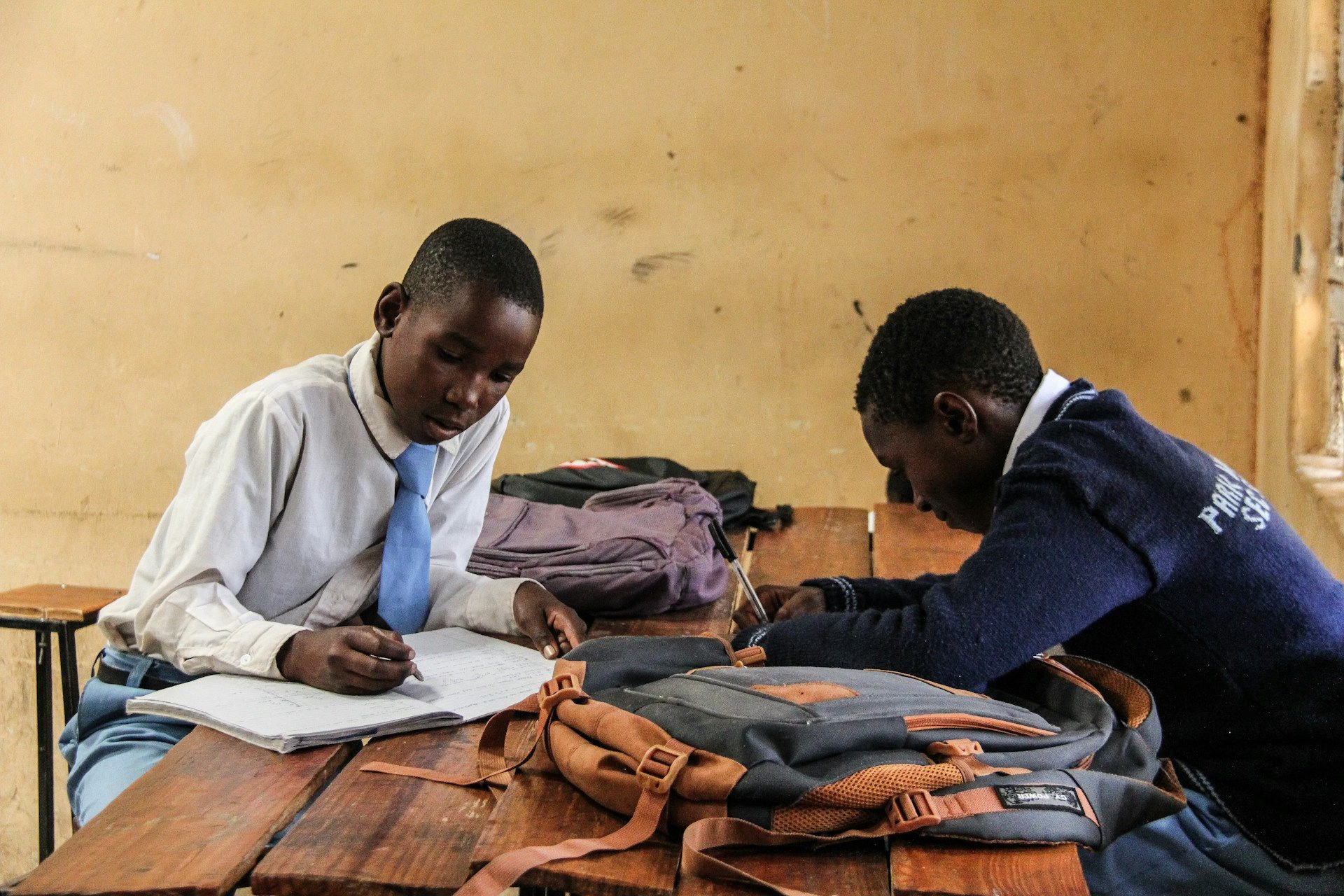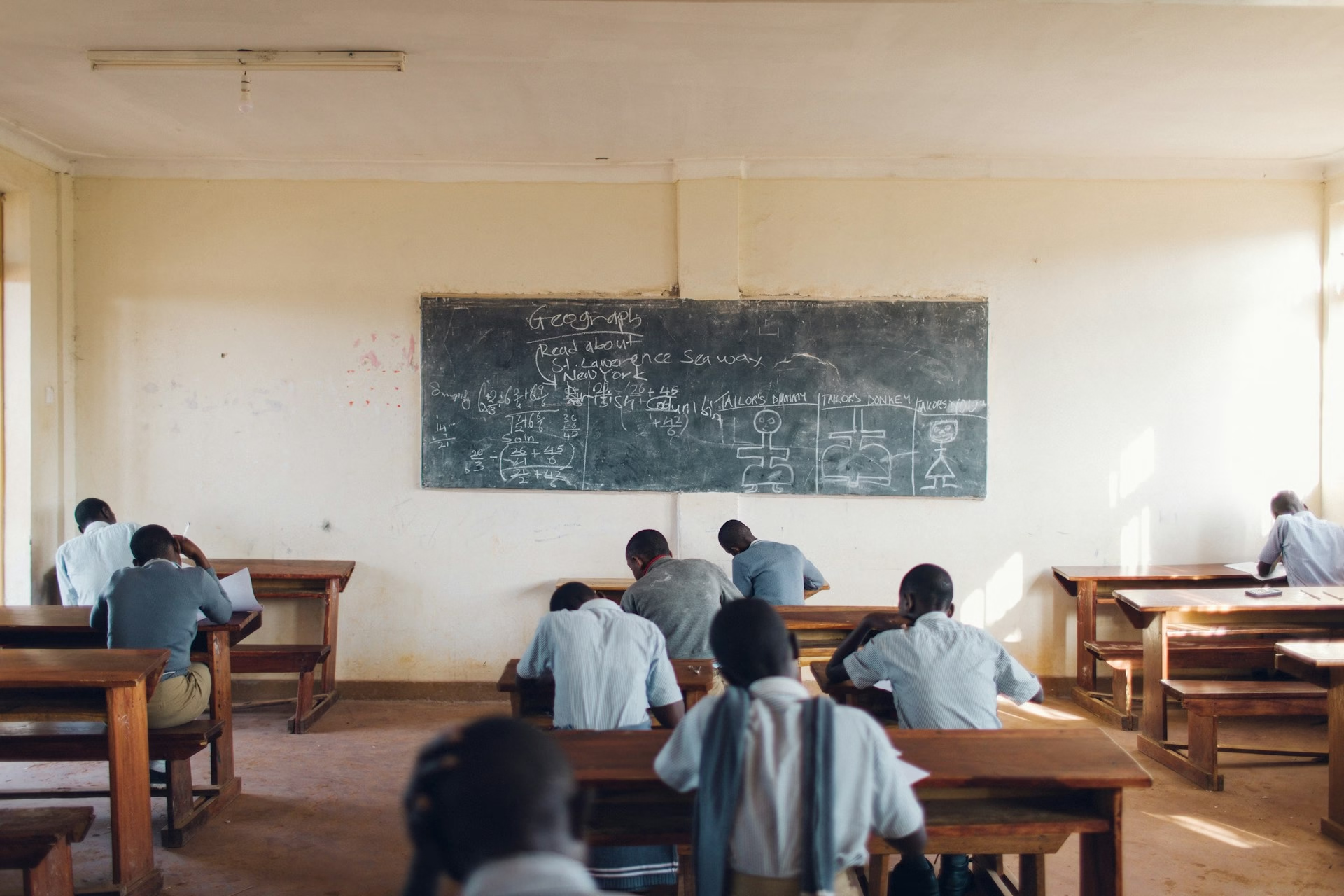If you’re a Nigerian university student or a parent with a child in university, you probably breathed a huge sigh of relief when you heard the news. According to Nairametrics, the Academic Staff Union of Universities (ASUU) has suspended their two-week warning strike. Classes can resume, exams can continue, and life goes back to normal, right?
Well, not so fast. Before you pack away your concerns and assume everything is fine now, there are some important things you need to understand. The word “suspended” is doing a lot of heavy lifting in that announcement, and it doesn’t mean what many people think it means. Let’s talk about what actually happened, what the difference is between a suspended strike and a cancelled one, and most importantly, what you should be watching for to avoid being caught off guard if things go south again.
What Actually Happened With This Strike?
ASUU announced a two-week warning strike recently, and Nigerian students collectively held their breath. Anyone who has been through the Nigerian university system knows what ASUU strikes mean. Delayed graduations. Wasted years. Plans put on hold. Dreams deferred. It’s not a small thing.
This particular strike was what ASUU calls a “warning strike.” Think of it as a shot across the bow. It’s ASUU’s way of telling the government “we’re serious about our demands, and if you don’t address them, things will get much worse.” It’s basically the union flexing its muscles to show they mean business before pulling out the big guns.
Now, after two weeks, ASUU has suspended the strike. Universities are expected to resume normal operations. Lecturers will return to classrooms. Students can continue their studies. On the surface, this looks like good news, and it is. But here’s where you need to pay attention to the details.
Suspended vs Cancelled: Why This Difference Matters Big Time
This is the most important thing you need to understand. When ASUU says they’ve “suspended” a strike, that’s very different from saying they’ve “called off” or “cancelled” a strike. The difference might seem like semantics, but it’s actually huge.
When a strike is cancelled, it means the issues are resolved. The union and the government have reached an agreement. The demands have been met or a satisfactory compromise has been found. Everyone shakes hands, and the matter is closed. You can relax because the problem that caused the strike in the first place is no longer a problem.
When a strike is suspended, it means something very different. It means ASUU is putting the strike on pause, usually because the government has made promises or started taking steps to address their concerns. But those promises haven’t been fully kept yet. The issues aren’t resolved. They’re just… on hold.
Think of it like this. Cancelled means the fire is out. Suspended means someone showed up with a fire extinguisher and sprayed some foam on it, but the embers are still hot underneath. One strong wind and the whole thing could flare up again.
This suspension basically means ASUU is giving the government time to follow through on whatever commitments were made. They’re watching. They’re waiting. And if the government doesn’t deliver on those promises, the strike will come back. And when it comes back, it probably won’t be another gentle two-week warning strike. It’ll likely be an indefinite one, the kind that can stretch for months and derail entire academic sessions.
What Does “Warning Strike” Actually Mean?
Let’s break down this “warning strike” concept because it’s key to understanding what might happen next.
A warning strike is exactly what it sounds like. It’s a warning. ASUU uses it to demonstrate their seriousness and to pressure the government without immediately throwing the entire university system into chaos. It’s a measured response designed to get attention and action.
The logic goes like this. ASUU has issues with the government (usually about funding, salaries, university conditions, agreements not being honored, that sort of thing). They’ve probably been complaining about these issues for a while through meetings, letters, and press statements. When nothing changes, they escalate to a warning strike.
A warning strike serves multiple purposes. First, it shows the government that ASUU is united and ready to take serious action if needed. Second, it gets public attention. Suddenly parents, students, and the media are all talking about whatever issues ASUU is raising. Third, it applies pressure without causing massive immediate damage. Two weeks is disruptive, sure, but it’s not catastrophic.
But here’s the critical part. A warning strike is just that, a warning. It’s the stage before the really bad stuff happens. If the government doesn’t respond appropriately to a warning strike, ASUU’s next move is usually an indefinite strike. And that’s when academic calendars get completely destroyed and students lose entire years.
So when you hear that a warning strike has been suspended, what you should really be hearing is “the countdown clock has been paused, but it hasn’t been turned off.” The threat is still very much alive.
Warning Signs That Another Strike Might Be Coming
Now that you understand what suspension means, let’s talk about what you should be watching for. There are usually signs before ASUU goes back on strike, and if you’re paying attention, you won’t be completely blindsided.
Press Statements and Complaints: ASUU doesn’t just wake up one day and declare a strike. They usually issue press statements complaining about unmet agreements or broken promises. If you start seeing news reports about ASUU leaders expressing disappointment with the government or warning that “we may be forced to resume our suspended strike,” that’s a red flag. Pay attention to these statements.
Congress Meetings: ASUU holds congress meetings where representatives from all university chapters meet to discuss issues and vote on actions. If you hear news about ASUU calling an emergency congress meeting, that’s often a sign that something is brewing. These meetings are where strike decisions get made.
Government Silence or Delays: Watch what the government is doing (or not doing) about whatever promises led to the strike suspension. If weeks are passing and there’s no visible progress on implementing agreements, that’s a bad sign. ASUU’s patience has limits, and if the government seems to be dragging its feet or ignoring the issues, another strike becomes more likely.
Timeline Announcements: Sometimes when ASUU suspends a strike, they give the government a specific timeline to meet certain conditions. “We’re suspending for one month to allow the government to implement X, Y, and Z.” If that deadline approaches and nothing has been done, you can almost guarantee the strike will resume.
Branch-Level Rumblings: Before a national strike, there are often rumblings at individual university branches. Lecturers might start boycotting certain activities or holding protests on campus. These local actions can be precursors to broader national action.
Previous Strike Patterns: History tends to repeat itself with ASUU strikes. Look at what happened the last few times strikes were suspended. How long did the peace last? What triggered the resumption? Understanding the pattern can help you anticipate what might happen this time.
How to Stay Informed About ASUU Activities
One of the biggest frustrations for students during strike situations is feeling like you’re in the dark. You hear rumors. Friends share unverified information on WhatsApp. Panic spreads. Here’s how to actually stay properly informed.
Follow Official ASUU Channels: ASUU has official communication channels. Follow their verified social media accounts if they have them. Check their official website regularly. These are where real announcements come from, not WhatsApp group forwards.
Monitor Credible News Sources: Stick to established news outlets for information about ASUU activities. Sites like Nairametrics, Punch, Vanguard, Premium Times, and others typically report accurately on ASUU matters. Avoid relying solely on social media rumors.
Stay Connected With Your Student Union: Your university’s student union usually has better access to information about what’s happening with ASUU on your campus. They often know things before the general student population does. Stay connected with them.
Join Academic-Focused Forums and Groups: There are online communities and forums where Nigerian students discuss academic issues. These can be valuable for sharing verified information and understanding what’s happening across different universities.
Check Your University’s Official Communications: Your university administration will communicate officially about strike-related issues. Check your school’s official website, notice boards, and email regularly.
Don’t Spread Unverified Information: This is crucial. When you see strike-related news, verify it before sharing. Spreading rumors creates unnecessary panic and confusion. Be part of the solution, not the problem.
Preparing for Worst Case Scenarios While Hoping for the Best
Here’s the reality. Even with the strike suspended, you need to be smart and prepare for the possibility that it might resume. This isn’t being pessimistic. It’s being realistic about how things work in the Nigerian university system.
Keep Studying: Don’t use the suspension as an excuse to slack off. If you’re meant to be preparing for exams or working on assignments, keep doing that. If another strike happens, you want to be ready to hit the ground running when things resume, not scrambling to catch up.
Have a Backup Plan: Think about what you’ll do if there’s a prolonged strike. Will you learn new skills? Take online courses? Get an internship? Having a plan means strike time doesn’t become completely wasted time.
Manage Your Finances: If you or your parents are paying rent near campus, think about the financial implications of potential strikes. Some students choose to go home during strikes to save money. Others stay and use the time productively. Figure out what makes sense for your situation.
Maintain Your Momentum: One of the worst things about strikes is how they kill academic momentum. You’re studying hard, you’re in the zone, and then everything stops. When it eventually resumes months later, you’ve forgotten half of what you learned. Fight against this. Keep reading. Keep learning. Don’t let strikes completely derail your intellectual growth.
Explore Alternative Learning: The internet has made it possible to keep learning regardless of what’s happening with ASUU. Platforms like Coursera, edX, YouTube, and countless others offer free courses on almost any topic. If your university is shut down, your education doesn’t have to be.
Stay Mentally Healthy: The uncertainty and frustration of potential strikes can take a toll on your mental health. Find healthy ways to cope. Stay connected with friends. Exercise. Pursue hobbies. Don’t let the anxiety of “will there be another strike” consume you.
Communicate With Parents and Sponsors: If someone is funding your education, keep them informed about what’s happening. They need to understand that potential delays aren’t your fault and might need to adjust their own plans and expectations.
What Parents Need to Understand
If you’re a parent with a child in a Nigerian university, this situation requires your attention too. Your child’s education is in a state of uncertainty, and understanding that helps you support them better.
First, understand that a suspended strike is not the same as a resolved situation. Your child’s academic calendar is still potentially at risk. This might affect graduation timelines, national service timelines, and their plans for what comes after university.
Second, prepare yourself mentally and financially for the possibility of delays. If your child is in their final year and you’re planning for their graduation, build some buffer into those plans. If you’re paying for accommodation or other expenses, factor in the possibility that the academic year might stretch longer than expected.
Third, support your child emotionally. The uncertainty of not knowing whether they’ll be able to complete their education on time is stressful. They need reassurance and support, not additional pressure.
Fourth, encourage them to use any potential strike time productively. Help them see it as an opportunity to learn new skills, gain experience, or pursue other productive activities rather than just sitting around feeling frustrated.
The Bigger Picture: Understanding Nigeria’s University Challenges
To really understand why strikes keep happening and why this suspension might not be the end of the story, you need to understand the deeper issues.
Nigerian universities face serious challenges. Inadequate funding. Poor infrastructure. Low staff salaries. Broken agreements between the government and ASUU. These aren’t new problems. They’ve existed for years, and they’re not going to disappear overnight.
ASUU strikes are symptoms of these deeper problems. When ASUU goes on strike, they’re not doing it for fun. They’re fighting for better conditions for themselves, yes, but also for better educational standards, improved facilities, and a stronger university system overall.
The government, on its side, faces its own challenges. Limited resources. Competing priorities. Political considerations. Bureaucratic delays. These factors often mean that even when the government wants to address ASUU’s concerns, actually doing so takes time.
This is why strikes get suspended rather than resolved. The government makes promises. ASUU gives them time to fulfill those promises. But actually implementing those promises involves budget allocations, legislative processes, procurement procedures, and all sorts of administrative steps that take months or even years.
Understanding this helps you see why the suspension of a strike doesn’t guarantee long-term peace. Unless the fundamental issues are addressed, the cycle will continue.
Moving Forward With Eyes Wide Open
So where does this leave you? The strike is suspended, which is good news. You can go back to class, continue your studies, and work toward your degree. But you need to do all of that with your eyes wide open.
Stay informed. Watch for warning signs. Have backup plans. Use your time wisely whether classes are in session or not. Don’t let the uncertainty paralyze you, but don’t be naive about the risks either.
The suspension is a pause, not a solution. It’s a temporary ceasefire in an ongoing battle between ASUU and the government over the future of Nigerian university education. You’re caught in the middle of that battle, and the best thing you can do is stay aware, stay prepared, and stay focused on your goals regardless of what happens.
Nigerian students have proven incredibly resilient over the years. They’ve dealt with strikes, they’ve dealt with delays, and they’ve still managed to graduate and succeed. You can do the same. But it requires awareness, planning, and determination.
The strike is suspended. That’s something to be grateful for today. But tomorrow? Keep watching. Keep preparing. And whatever happens, keep moving forward.
Don’t want to miss the best from GuidesCafe?
- Set us as a favorite source in Google Discover to see our latest updates first.
- You can also add us as a preferred source in Google Search by clicking the button below.









